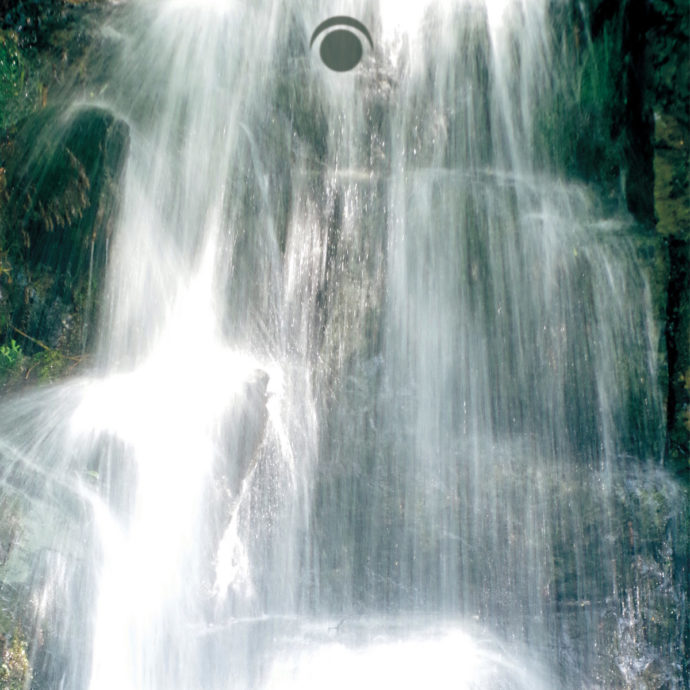Enter a faraway land where the grass, lakes, waterfalls, and forests are made out of synthesizers. This is Tengger’s newest release, Nomad, a modest collection of ambient songs that are among the more sensory of musical experiences. Tengger’s sounds are uncomplicated, though surprising in their ability to evoke spatiality. This might be a matter of the right balance of reverbs, delays, and other effects, but the space created expands and contracts as you listen. The sounds become apprehensible in their roominess, their capacity to represent form. Much like their genre would suggest, these songs promote atmosphere, both physically and mentally. The act of listening itself becomes atmospheric, abstract, and meditative.
Though it feels odd to talk about songwriting in relation to an ambient release, Nomad’s six songs boast structures comparable to that of a more mainstream genre. This contributes to the release’s accessibility and contrasts it with the work of other ambient artists. Take Oneohtrix Point Never, whose focus is more on angular compositions, drastic dynamic changes and cinematic design. Tengger’s perspective on sequence is softer. The sounds vary according to a central theme, anchoring each song around a single idea. Melodic gestures appear, disappear, and return, a backdrop of fuzzy synth pads cradling them. After all that it’s hard to believe that Nomad’s every track concludes with a fade out. Endings this consistent smack of laziness. It’s as if Tengger made it to a certain point, got bored, said “I’m done now”, and slapped on the fade out. Anticlimactic, to say the least.
While remaining ambient, Nomad does little to shy away from rhythmic elements, in fact the songs are rhythmic in their basis. “Water” builds itself around an arpeggiator repeating the same five notes in the same pattern, while the vocal samples and additional synths reach in to converse in a kind of call and response. The result obscures the beginnings and ends of loops rendering the listener lost in a forest of sound. Tengger’s attitude toward rhythm and its musical function is special in that it is not only used to tie sounds together into sensible compositions.Rather, the artist takes rhythm and timing and their importance to a song’s coherence as a point of departure for further experimentation. By collaging irregular rhythmic patterns as they do, the tracks become patchworks of interdependent, overlapping sonic gestures. They feel alive in their motion.
Nomad’s ambient sounds provide the listener space to listen carefully, to the point where it can be seen as an experiment in listening as much as in music-making. The release does not impose a challenge, but the opposite is true: Nomad soothes. There’s music that makes you want to nod your head and there’s music that helps you drift away. Tengger’s release is more likely the latter, and not in a bad way.
Rating: 6.8/10

